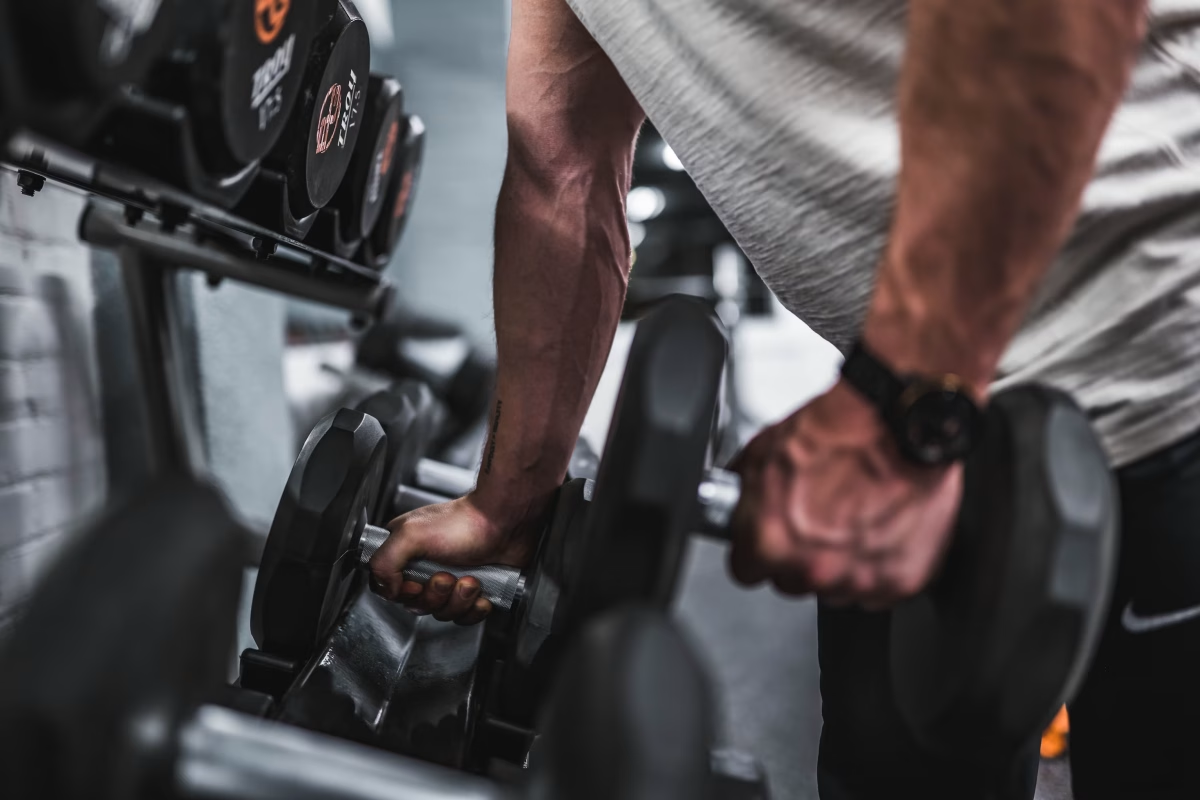La Trobe Sports Stadium on the university’s Bundoora campus is often a place of hustle and bustle mid-week with schools hiring out courts, students involved in sports specific classes, and casual social sport being played on the premises.
Today, it’s different – the La Trobe’s men’s University Basketball League (UBL) team is having a mid-season training session, a rare occurrence that only happens 3-4 times a season.
“It’s a pretty short season and most of the games are Tuesdays (and) Wednesdays, and Wednesdays are when we usually train,” captain William Moio said after the training session, which was the last for this season.
“I mean a bunch of guys still have their club stuff, so everyone’s technically training – we’re just not together a lot that’s all.”
Although both of the university’s men’s and women’s programs have seen success through either the UniSport Nationals or the UBL itself, home games at the Sports Stadium have been quiet when it comes to attendance.
Despite receiving a new 1,100 capacity retractable stand on the stadium’s show court, the seats have been empty.
Official attendance at their last home game was 35, mostly made up of La Trobe Sport staffers and students in-between classes.
“I think it’s going to be hard (to grow the league) because it’s sort of going to come second to youth league,” Moio said.
The UBL was an idea originating in a collaboration between UniSport Australia and the NBL, to be a pathway to play professional basketball (NBL and WNBL).
In the end, the league it was meant to be taking over (SEABL) ended up being replaced by a much bigger entity (NBL1), making the UBL obsolete for its original purpose.
The lack of attendance doesn’t mean the standard of the league is poor – the referees and officials are professional, live stats are provided, and there have been NBL, WNBL and NBL1 players in the competition.
“When I first came in off the bat, in our team we had a couple of NBL1 players, and I know a couple of other unis had some really good guys,” Moio said.
“We played against a couple of NBL (development players) that have suited up for the uni as well and I think people finally realise how good it can be.”
Those names include Sydney Kings championship winners Ignatius Mitchell and Archie Woodhill and former teammate and current Eltham Wildcat Ovie Magbegor, who Moio dubbed comedically “The Franchise”.
The La Trobe Sports Stadium is part of the university’s Sports Park, an expansive facility which has been recognised for its sustainability and which includes the national base for Football Australia’s national women’s programs.
“Now we’ve got this big grandstand here at La Trobe, it would be nice to fill it up a bit more than we do now…I think the potential for the league and the idea (of the league) is really good,” Moio said.

There are more than 4,700 student-athletes in Australia, with 83 per cent studying full-time.
Moio is one of them – he’s currently completing a Masters in Strength and Conditioning.
Even though it’s been difficult for him to juggle everything inside and outside of university life, he says he’s been able to maintain a healthy balance.
“It gets harder at times, especially when assessments get tough… I think the biggest thing is making sure I leave enough time for me to do things that I enjoy, which is playing basketball, but also a bit of me time – spending time with family and mates is pretty important,” he said.
University sport in Australia will always be in the shadow of its American counterpart.
In the US, revenue from broadcasting rights of various conferences and national championships dwarfs Australian professional sporting broadcast deals.
The biggest broadcast deal in Australian sport (the AFL’s seven-year $AU4.5 billion deal with Seven Network and Foxtel) seems like a goldfish in an ocean when compared to ESPN’s six-year $US7.8 billion College Football Playoffs contract.
It seems cruel to compare university basketball between the two nations.
CBS and TBS have the rights to the National Basketball Championship tournament, better known as March Madness – in a contract worth $8.8 billion (USD) over eight years, while Australia’s UBL is streamed on UniSportTV through Sporfie with no financial sentiment behind it.
Moio understands the significant gap between the products but remains optimistic about the future of the UBL, saying he believes there is untapped potential for it to grow.
“We are probably never going to match the American college system, that’s a hard thing to get but if we can make it our own sort of thing and an Australian sort of thing that people can get around and support I think it would be great,” he said.
“(The UBL) definitely has potential. Once (players) start to look at it and recognise it as an opportunity to keep playing and keep getting better I think it will start to grow…Once you see better players come of course you want to go and you want to watch.”















